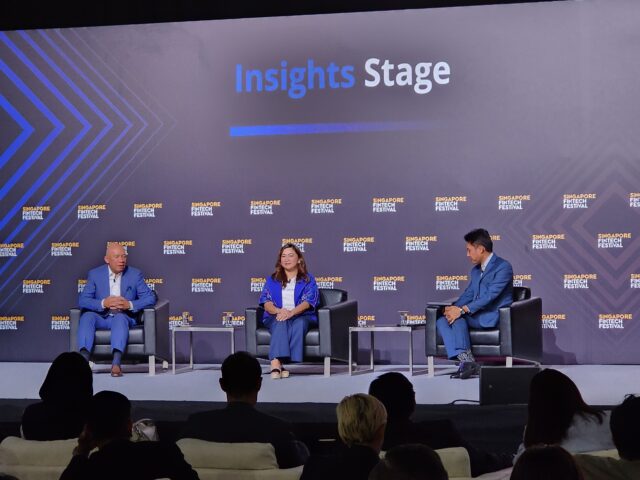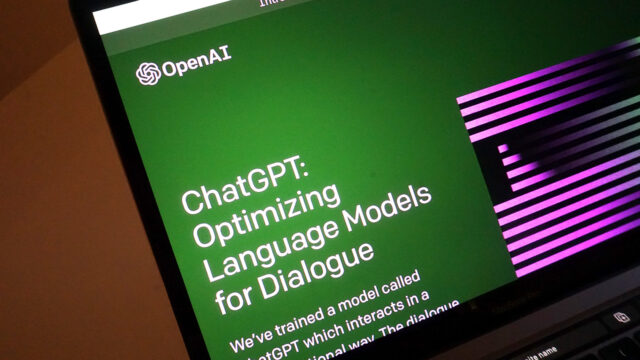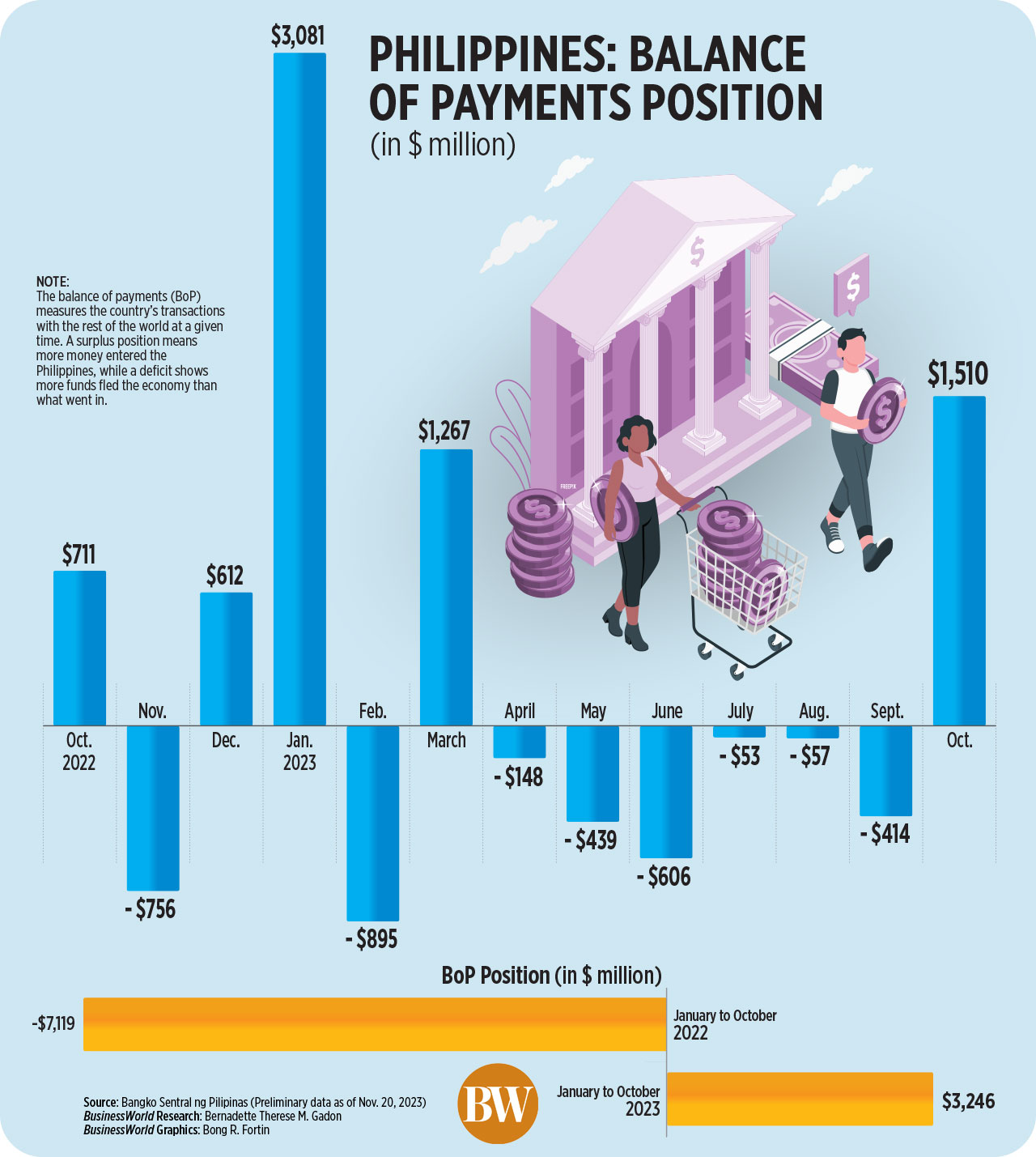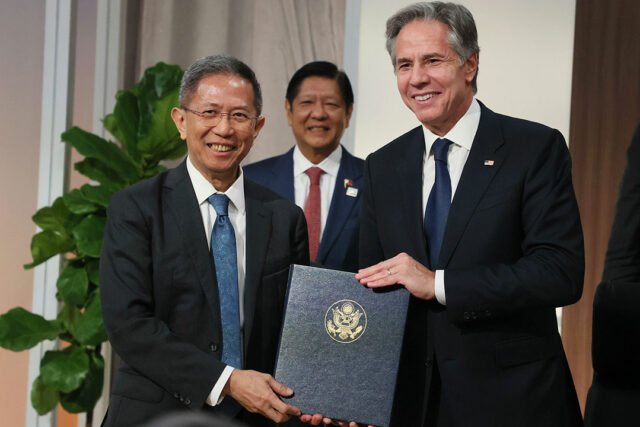Filipinos can now use GCash around the world

Top Ph e-wallet bares plans for international, B2B expansion at the Singapore FinTech Festival 2023
The Philippines’ top finance super app GCash debuts its stronger international services at the Singapore Fintech Festival 2023.
In a panel discussion of the annual gathering, GCash president and CEO Martha Sazon unveiled a new feature in the app where users can view real-time foreign exchange rates in select countries such as Singapore, Japan, and the USA.
“Through GCash services, Filipino travelers as well as those who live and work overseas can enjoy the same benefits as those who own credit cards and bank accounts. They can use the app to pay in stores and establishments that accept Alipay+ or accept card transactions,” Sazon noted.

GCash has been growing its reach beyond Philippine shores through its partner, global payments giant Alipay+, by allowing travelers to use the e-wallet for cashless transactions in 17 countries such as Singapore, Japan, and the USA. It has enabled users overseas to sign up for GCash using international mobile numbers in six countries such as the USA, Italy, and Japan.
Through its partnership with Visa, GCash users can make cashless transactions with over 80 million merchants across 200 countries. Customers can order the new GCash Card via the app. Aside from that, they can pay with GCash in establishments that accept Alipay+ by either scanning their QR codes or generating a code.
GCash is a leader in e-wallet and digital financial services for Filipino consumers. On top of its international expansion, the fintech company has begun beefing up its services for enterprise customers.

“I think to really transform the nation we start playing in the B2B space. We can’t just be one of the players, we need to really address the pain points and the friction that’s in the B2B space to make it a more meaningful play for us,” Sazon explained.
Aside from providing digital financial tools for enterprise clients, GCash also offers partner marketing solutions to businesses, both big and small, leveraging the app’s massive reach. Meanwhile, it is giving more focus on how it can help in the digital transformation of nano, micro, small, and medium enterprises (NMSME) with a suite of innovative business solutions.
Sazon was featured in a panel discussion about “Building Unicorns: An ASEAN Success Story” at the Insights stage of SFF 2023. She was joined by Ernest Cu, the chairman of GCash holding company Mynt, and the President and CEO of one of the Philippines’ biggest telecom companies, Globe Group. The panel was moderated by Ryan Huang, Assistant Finance Editor and Senior Producer and Presenter at Singapore’s MONEY FM 89.3.
GCash is the Philippines’ only double unicorn or duacorn with a valuation of over $2 billion. It has evolved beyond its core money transfer business – offering other financial services such as fair lending, investment, insurance, cryptocurrencies, and other lifestyle services.
The Singapore FinTech Festival is one of the biggest gatherings for the industry, gathering industry players and leaders from all over the world. Last year, it drew in 62,000 participants from 134 countries. It’s organized by Elevandi, a non-profit organization set up by the Monetary Authority of Singapore (MAS).
Spotlight is BusinessWorld’s sponsored section that allows advertisers to amplify their brand and connect with BusinessWorld’s audience by enabling them to publish their stories directly on the BusinessWorld website. For more information, send an email to online@bworldonline.com.
Join us on Viber at https://bit.ly/3hv6bLA to get more updates and subscribe to BusinessWorld’s titles and get exclusive content through www.bworld-x.com.












